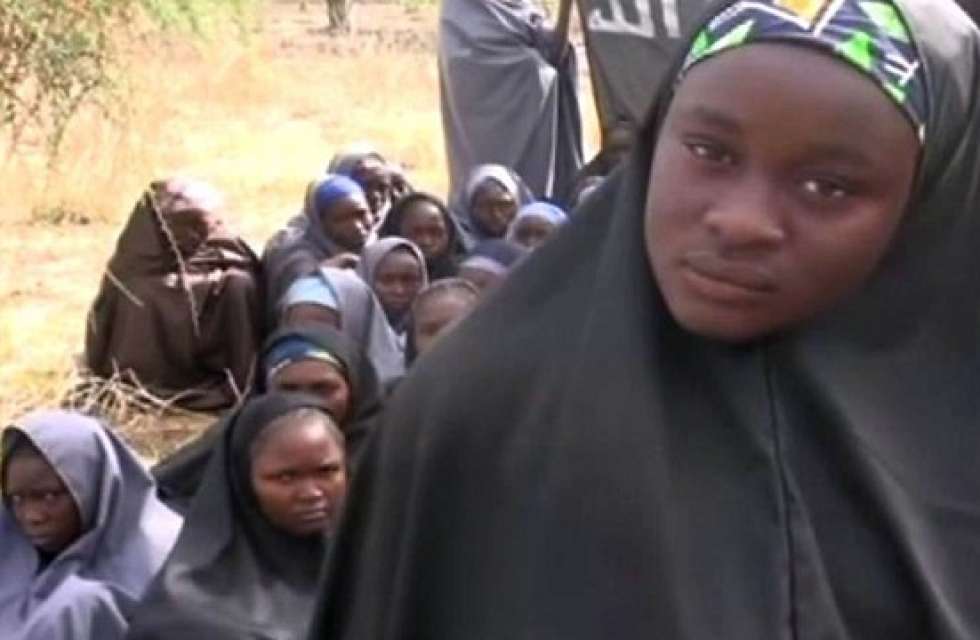The “Bring Back Our Girls Movement” and some parents of the abducted
Chibok school girls, marking the fifth anniversary of the Chibok girls
abduction on Sunday, lamented their continuous waiting for the return
of the remaining 112 school girls abducted by Boko Haram in Borno
State.
The leader of the BBOG campaign, Dr. Oby Ezekwesili, stated that
successive governments’ failure to defeat the decade long insurgency
and rescue the girls, will remain on the conscience of a nation that
has failed its people.
It was highlighted that on April 14, 2014, 276 teenage girls from
Government Secondary School, Chibok in Borno State, Northeast Nigeria,
were abducted by Boko Haram; the mass abduction and biggest publicity
coup of Boko Haram insurgency instigated a global outcry and the
emergence of the Bring Back Our Girls’ campaign group.
From the initial official denials and skepticism to seemingly belated
action by the government of the day in the build-up to the 2015
general elections, the issue of the girls provided potent political
campaign tool for the emerging All Progressives Congress (APC) then,
to foist national and international campaign tool against the then PDP
government.
President Muhammadu Buhari on assumption of office met with the Bring
Back Our Girls’ group and promised to do everything possible to ensure
that all the abducted school girls are freed.
One year into the Buhari administration, the first girl, Amina Nkeke,
gained freedom, giving hope of the freedom of others.
In May 2017, more girls were released as part of a deal between the
Nigerian government and the armed group bringing the total number of
girls released to 107.
While the campaigners continue their daily vigil, the memories and
emotional burden still linger in the hearts of the parents watching,
praying and hoping for some good about their daughters.
On the sidelines, there are also speculations that many of the girls
may have been used as cooks, sex slaves, fighters and carriers of
suicide bombs, and may have refused to come home fueling fears that
they have been radicalized.
The fifth-year commemoration comes at a time when the Senate has made
renewed calls for the release of other abductees of which top on the
list is Leah Sharibu, the only Dapchi school girl still in captivity
and Alice Nggadah of UNICEF.

 Comments and Issues6 days ago
Comments and Issues6 days ago
 Education7 days ago
Education7 days ago
 Comments and Issues7 days ago
Comments and Issues7 days ago
 Energy7 days ago
Energy7 days ago
 Comments and Issues6 days ago
Comments and Issues6 days ago
 Comments and Issues6 days ago
Comments and Issues6 days ago
 Football7 days ago
Football7 days ago
 Football1 week ago
Football1 week ago

